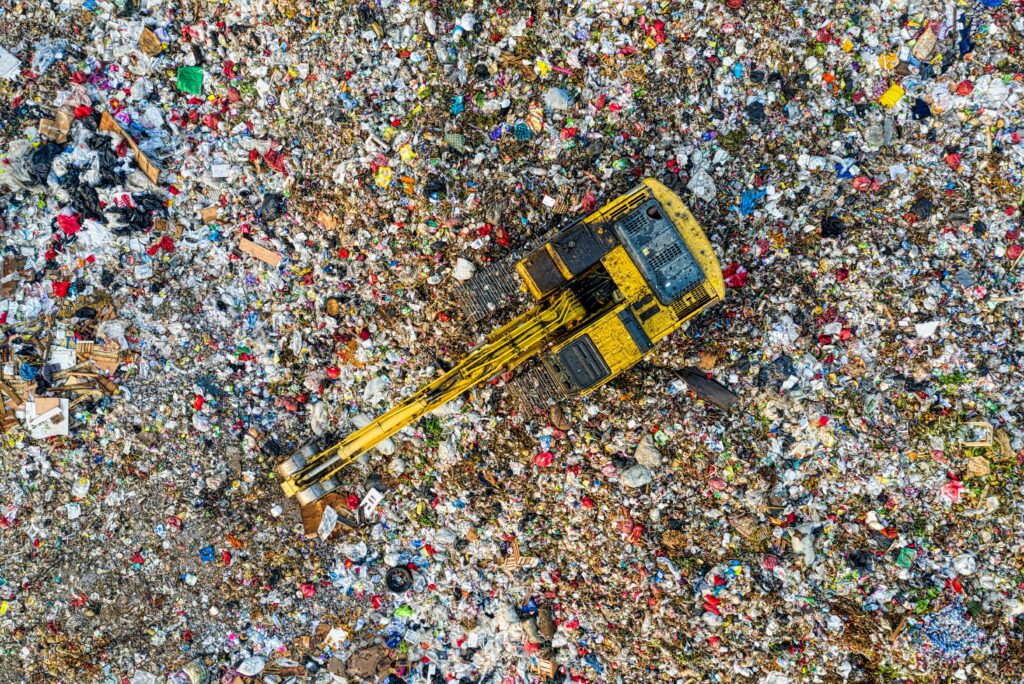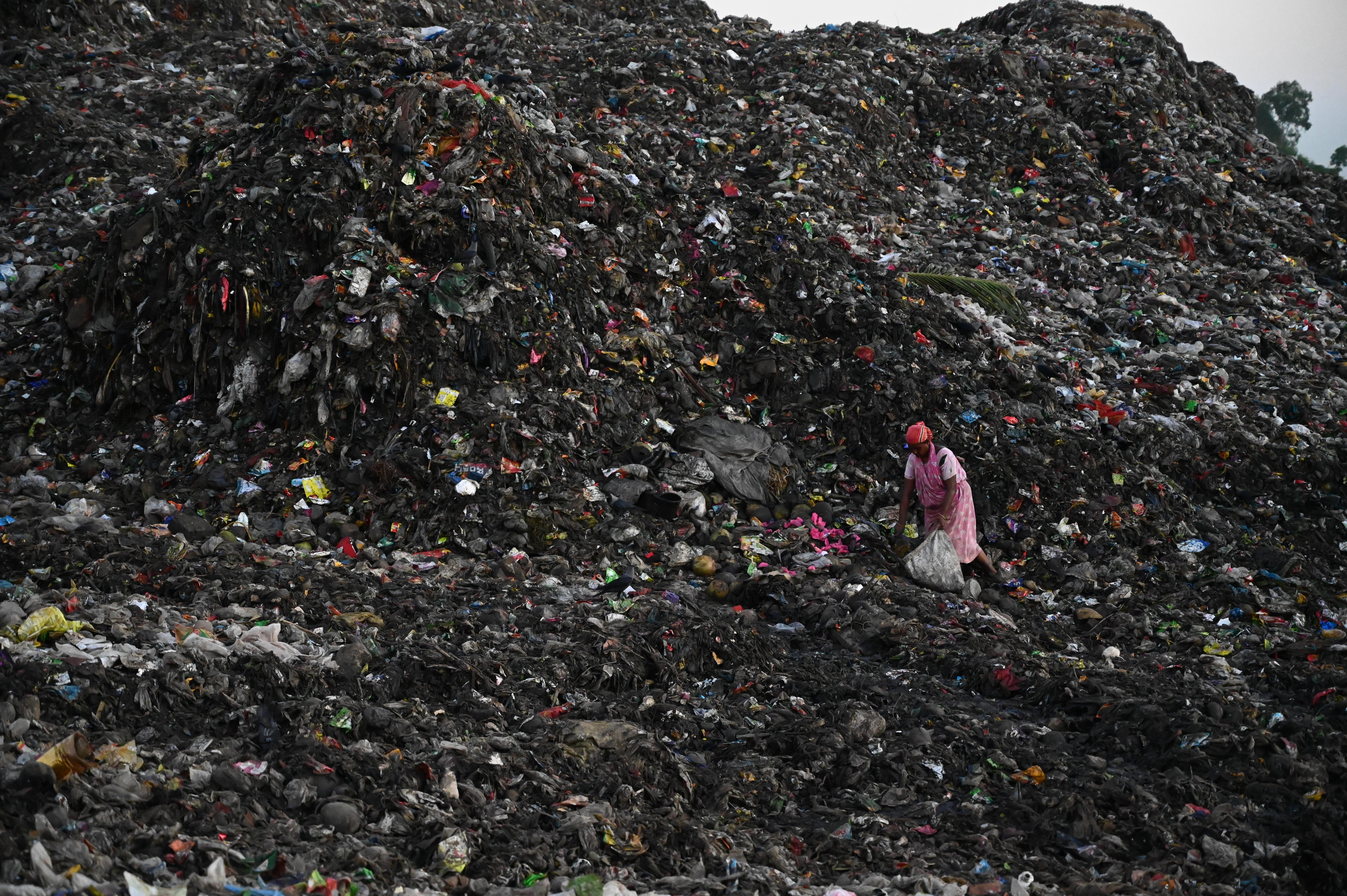As individuals, businesses, and governments lean towards sustainable development and environmental protection, recycling has become a widespread and widely-adopted practice. So, what does it mean to recycle? Two of the many definitions provided by the Merriam-Webster dictionary include “to reuse or make (a substance) available for reuse for biological activities through natural processes of biochemical degradation or modification” and “to adapt to a new use.” Simply put, recycling is the process of taking waste materials set to be thrown away and converting them into new or reusable items.
As one of the most populous countries in Africa, Nigeria’s consumption capacity holds great potential for the recycling industry. Recycling is a form of waste management that provides a means of turning waste materials of any form into new and valuable products. The principle is to reduce overreliance on raw materials for the production of new products. It also provides an efficient means of sustaining a healthy and clean environment, preventing pollution, and reducing the cost of production for new products.
The Waste Management Society of Nigeria (WAMASON) estimated that Nigeria generates about 65 million metric tons of waste yearly; however, only a fragment is collected, managed, and recycled. Furthermore, Nairametrics estimates the value of the recycling industry to be in the billions of naira. According to these estimates, numerous revenue-generating, job-creating, and other economically beneficial opportunities exist along the value chain.

The good
The existence of diverse opportunities along the value chain indicates an untapped goldmine that not only contributes to economic growth but also social prosperity and environmental protection. If correctly managed, efficient waste recycling can result in job creation, renewable energy generation, air and water quality improvement, and biodiversity conservation, among other things. Expounding further on some of the benefits:
The bad
Unfortunately, a greater percentage of waste does not reach the appropriate disposal channels. To the average Nigerian, it is second nature to use and randomly dispose of any item deemed not useful. Sadly, it’s also a known cultural practice to dispose of waste into gutters and drainage channels when it rains. Most often, these waste materials end up in streams, rivers, etc. Waste is still waste; some of it can be harmful to the environment and our health if not properly managed. Additionally, several factors impede the full functioning of the present recycling system in Nigeria, including the lack of reliable and cohesive transport infrastructure, unfit waste disposal methods, insufficient collection capacity, and limited implementation of integrated waste management systems across the country.
The ugly
Taking into account the projections made by the World Bank in its Urban Development Series publication, Nigeria is estimated to generate about 72 million tons of waste annually by 2025. In addition to already being one of the largest contributors of solid waste in Africa, this would result in the country generating one-fourth of the total waste produced in Africa. The projections paint a gloomy picture of the future of recycling, especially given the country’s existing struggle to collect, manage, and convert into useful products the tons of waste currently being generated.

The environment is home to people and other life forms; thus, our actions should be aimed at protecting our collective home. So far, the consequences of our inaction paint an unpleasant image of floating plastics on different bodies of water, clogged drainage channels leading to flooding when it pours, occupied land that could support farming activities, etc.
As an individual, what can you do?
It can sometimes feel like nothing you can do to contribute to environmental protection from our little corner. However, every action matters, no matter how little or inconsequential it might seem. For instance, making conscious efforts not to litter and collecting plastic bottles to give to recycling companies are examples of steps you can take.
As a business, what can you do?
Businesses, especially medium-large organisations, can take more “grand scale” recycling actions. Businesses can come up with internal waste management systems ingrained into their supply chain and operations. Furthermore, businesses can advocate, enlighten, and incentivise employees to recycle waste.
As a governmental position, what can you do?
The government, through its waste management agencies, should establish more waste collection points and recycling plants, which will boost the recycling industry and reduce environmental pollution. Further, policies and laws that ensure an efficient recycling system and the advocacy and enlightenment of citizens on the importance and benefits of recycling should be implemented. In terms of education, environmental education needs to be included in schools’ curricula from the elementary to the higher education level, which will help to sensitize students on the need to reduce, reuse, and recycle what we use to minimize waste.
The government has a role to play; the citizens also do. All hands should be on deck to change the narrative of doing nothing and shoulder the responsibility of managing our waste. This will create a positive ripple effect that will help to raise public awareness about protecting the environment in different communities and encourage the mindset that waste is wealth.
Authors: Omobolade Olagunju & Kenechukwu Menankiti
